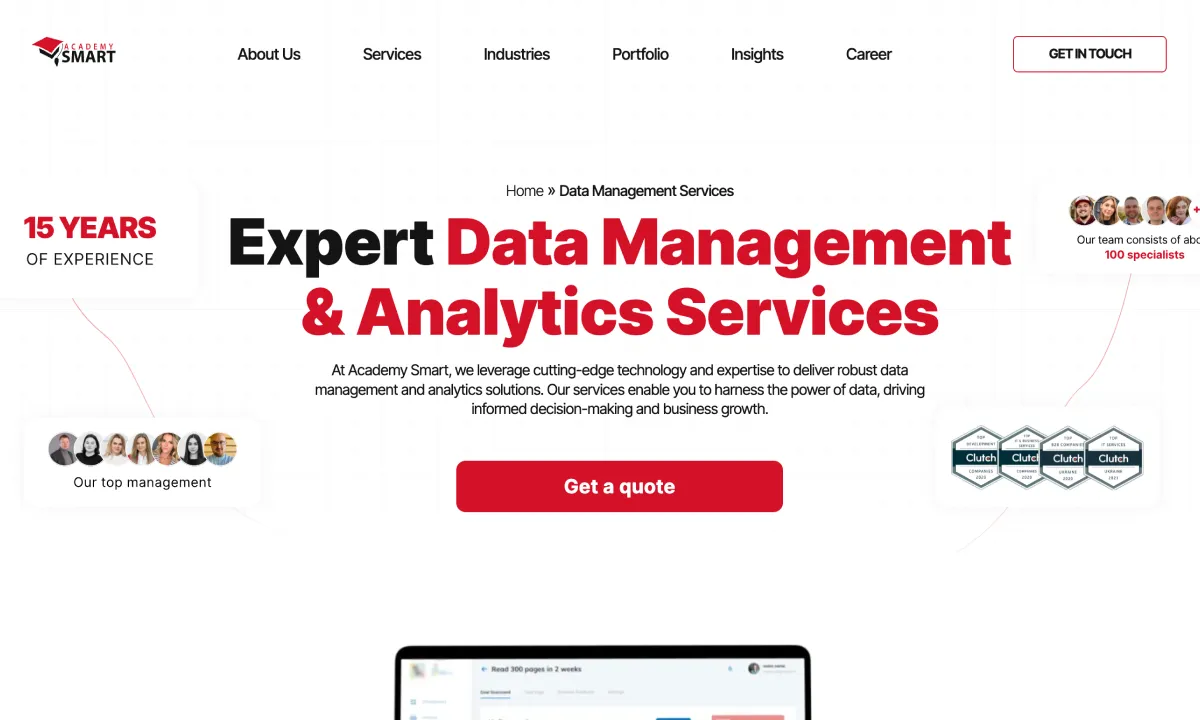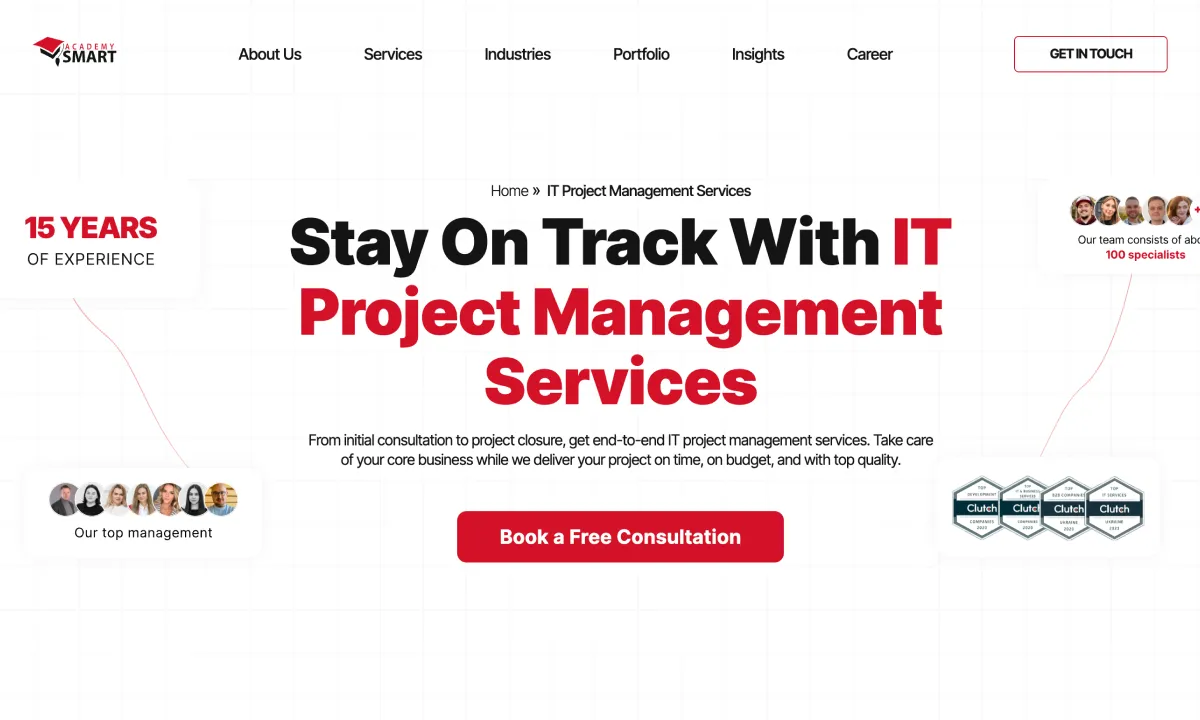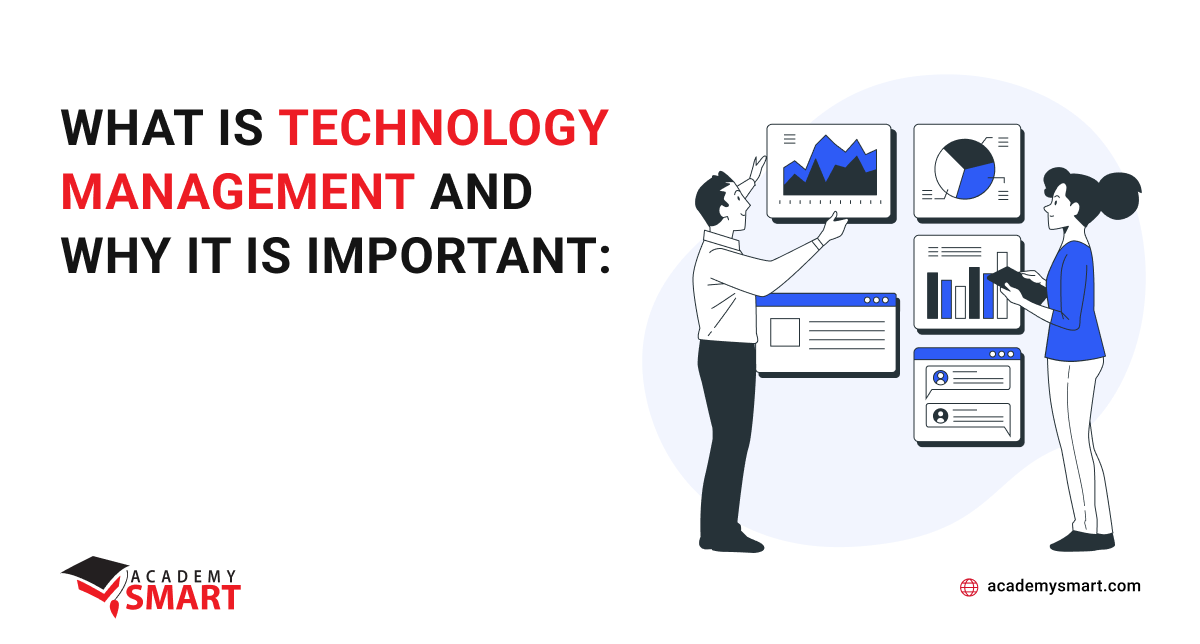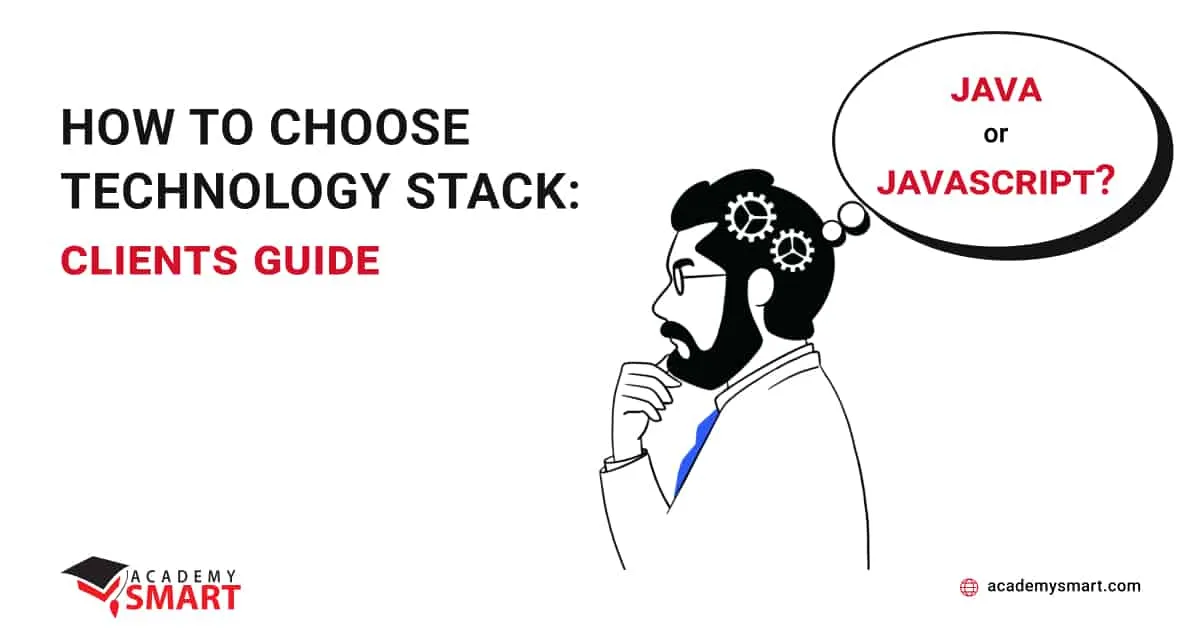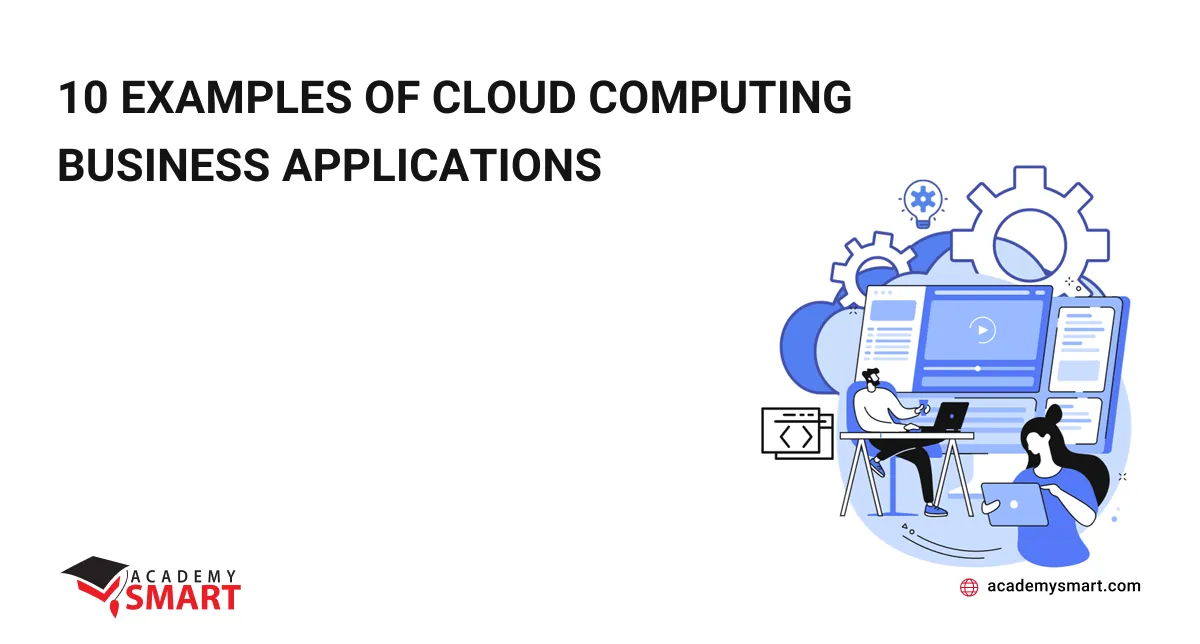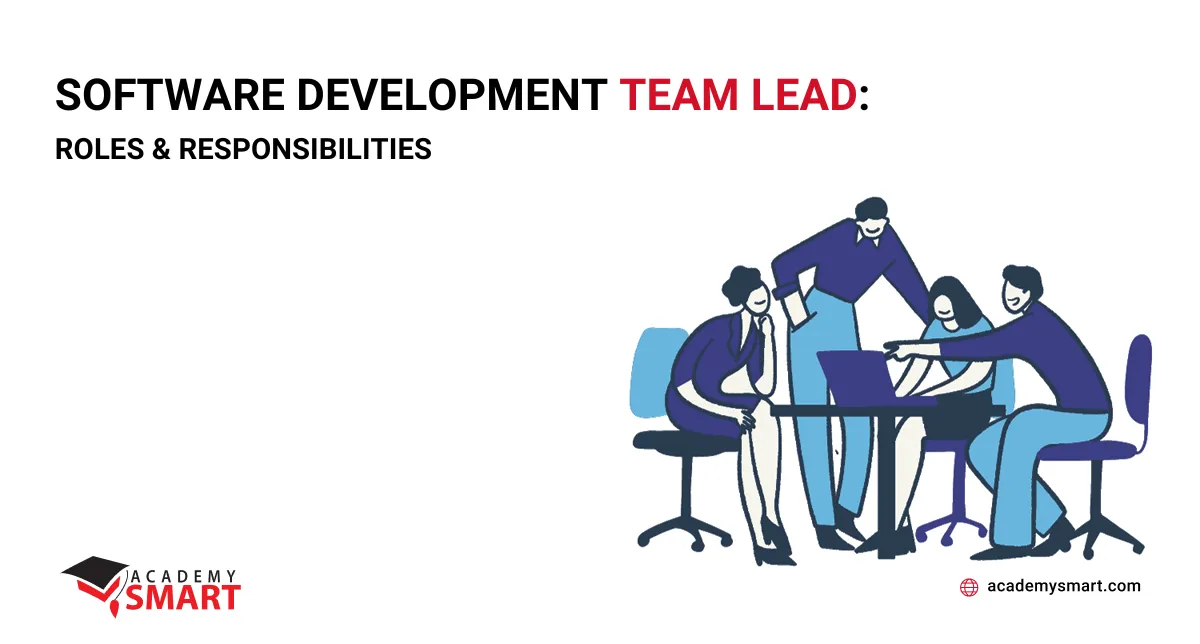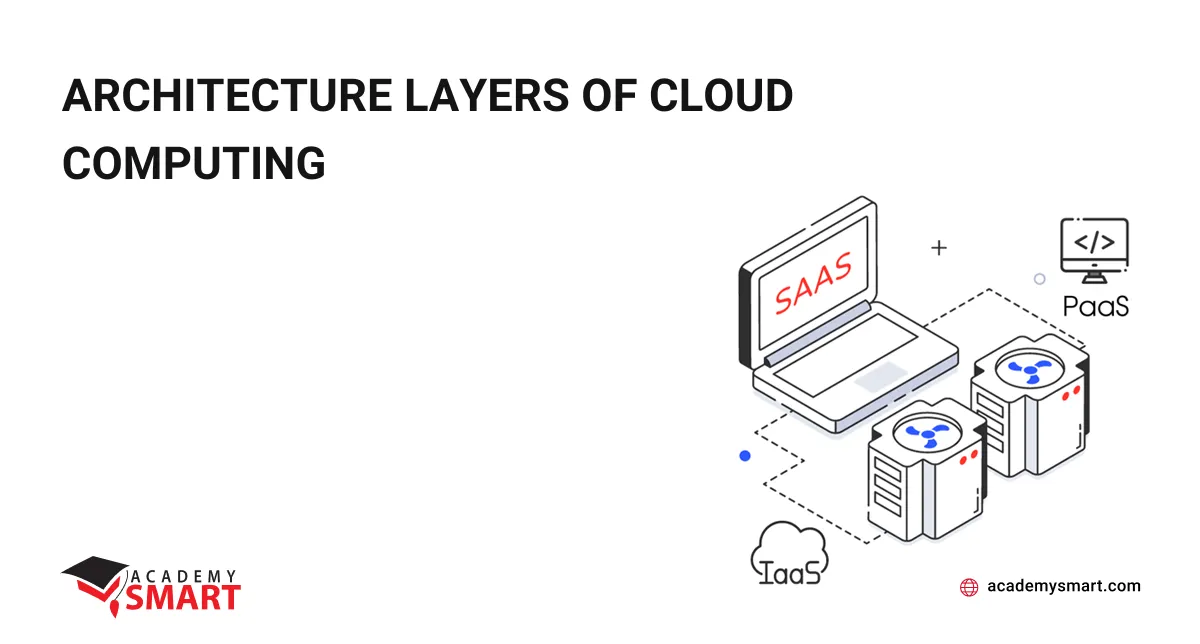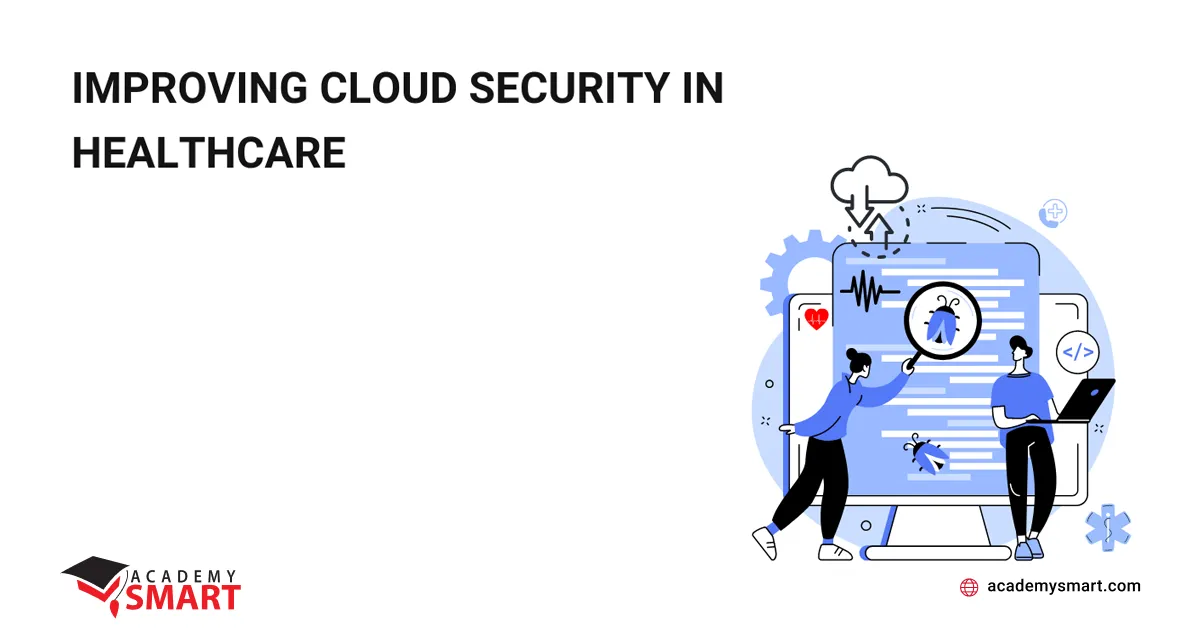
Improving Cloud Security in Healthcare
Contents
As the healthcare industry increasingly adopts cloud technology, the cooperation among medical stakeholders advances, optimizing communication and service efficiency. However, this transition raises critical concerns about safeguarding personal data in medical applications. Balancing innovation with data security becomes crucial for resilient and patient-focused healthcare IT systems. This article is about verified strategies for enhancing cloud security in healthcare applications.
Cloud Computing Systems and Applications in Healthcare
Cloud computing in healthcare revolutionizes the industry by offering scalable and accessible solutions. Electronic Health Records (EHRs) benefit from cloud storage, ensuring seamless data sharing among medical professionals. Telemedicine leverages cloud platforms for remote consultations, enhancing patient access to healthcare services. Medical imaging, such as PACS (Picture Archiving and Communication System), utilizes cloud storage for efficient data management and accessibility. Additionally, healthcare analytics harnesses the power of the cloud for data processing, enabling IoT-device data collecting and analysis for informed decision-making. The article “Digital Transformation in Healthcare” details other advantages of digitalization of medical practice.
Cloud computing healthcare benefits
If we are talking directly about the benefits of healthcare cloud adoption, it should be noted that cloud computing can provide the following:
- Data accessibility and sharing
Cloud platforms enable quick access to patient data, helping healthcare providers to retrieve information efficiently. Cloud storage solutions streamline data management, especially for large datasets such as medical imaging and electronic health records (EHRs). Moreover, centralized data repositories improve accessibility, reduce redundancy, and enhance overall data organization. Enriched data sharing promotes collaboration among medical professionals and patients, leading to more informed decision-making. - Cost efficiency
Cloud computing eliminates the need for extensive on-premises infrastructure, reducing capital expenditures. Pay-as-you-go models and resource optimization contribute to overall cost efficiency for healthcare organizations. - Flexible scalability
Cloud solutions provide scalable infrastructure, allowing medical institutions to adjust resources based on demand. This flexibility accommodates the dynamic nature of healthcare services, ensuring optimal performance and resource utilization. - Innovation and collaboration
Cloud computing boosts innovation by providing a platform for developing and deploying advanced healthcare apps. Collaboration between medicine professionals and researchers is facilitated through cloud-based tools and platforms. Cloud-based telemedicine applications enable remote patient monitoring, consultations, and virtual care services. - Business continuity
Cloud services offer powerful backup and disaster recovery solutions, safeguarding healthcare data against unforeseen events. It ensures business continuity and minimizes downtime during system failures or disasters. - Data security and compliance
Reputable cloud providers like Amazon AWS, Google Cloud Platform, or Microsoft Azure implement robust security measures and compliance standards, addressing healthcare data protection concerns. Adherence to regulations like HIPAA ensures that sensitive patient information is handled securely.
Healthcare data security challenges in the cloud
At the same time, cloud computing in healthcare introduces specific challenges related to data security. Primary concerns include potential breaches of patient confidentiality, unauthorized access to sensitive medical records, and data integrity risks. The distributed nature of cloud storage raises questions about the effectiveness of security measures, while compliance with regulatory standards, such as HIPAA, becomes crucial. Additionally, the reliance on third-party cloud service providers requires careful vetting to ensure robust security protocols.
Healthcare service providers must address these challenges proactively through comprehensive risk assessments, encryption protocols, and continuous monitoring to safeguard patient data in the cloud environment. Such difficulties are effectively solved through cooperation with developers like Smart Academy, who know the industry and have practical experience developing medical applications.
Best Practices to Improve Healthcare Cloud Security
Adequate healthcare cloud security relies on strategic implementation and adherence to industry standards. Begin by formulating a comprehensive cloud strategy tailored to the organization’s needs. Prioritize compliance with specific healthcare regulations such as HIPAA, and general cloud security standard requirements like ISO/IEC 27001, NIST SP 800-53, CSA CCM, FedRAMP, GDPR, CIS Controls, and PCI DSS, ensuring your cloud processes align with them.
When selecting a cloud service provider, emphasize reputation, security certifications, and a proven track record in healthcare. Vet their security protocols and ensure they comply with industry-specific requirements. Moreover, it’s crucial to consider the cloud deployment model. Evaluate the suitability of private, public, or hybrid clouds based on exact needs. Private clouds offer greater control and customization, while public clouds provide perfect scalability. At the same time, a hybrid approach combines both benefits, enabling a tailored security strategy that aligns with the unique needs of healthcare data management.
Equally critical is assembling a software development team with experience in healthcare security. The detailed security and compliance requirements must be explicitly articulated and mutually agreed upon within the Master Services Agreement. That ensures a shared understanding between both parties, fostering a transparent commitment to the highest security and compliance standards throughout the further partnership.
Regular staff training and staying abreast of evolving security trends are vital components. Implement encryption for data in transit and at rest, and establish robust access controls to limit unauthorized entry. In addition, continuous monitoring and regular security audits are integral to identifying and mitigating potential vulnerabilities. Establish a responsive incident response plan to address any security breaches swiftly. By integrating these best practices, healthcare companies can strengthen their cloud security framework, safeguarding sensitive patient data effectively.
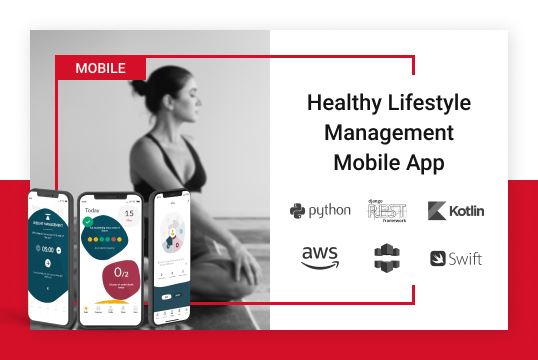
Cloud-based healthcare app we delivered
Use Our Expertise to Eliminate Cloud Data Security Issues in Healthcare Apps
Choose Academy Smart for expert assistance in resolving data security issues in your cloud-based healthcare apps. Our skilled professionals specialize in custom software development, IoT engineering, AWS architecture, API integration, and healthcare security. Whether you need to enhance your staffed team or build a dedicated development squad for your enterprise app, we have the expertise and resources to meet your requirements. Contact us today to bring essential know-how to your IT projects.
Frequently Asked Questions: Cloud Security in Healthcare
What are the risks of cloud computing in healthcare apps?
Security issues in cloud computing healthcare include potential breaches of sensitive patient data, regulatory compliance challenges, and the dependence on third-party service providers for security measures, which can introduce vulnerabilities and privacy concerns.
Who is responsible for cloud computing security in healthcare applications?
The responsibility for security applications of cloud computing in healthcare is shared between the medical organization and the cloud service provider.
Book a free consultation

Reach out to start talking today!

